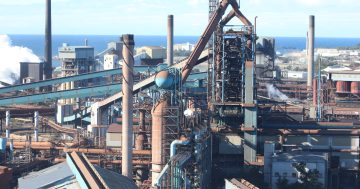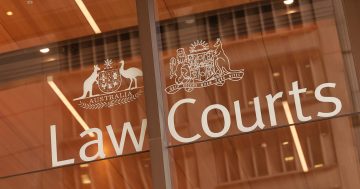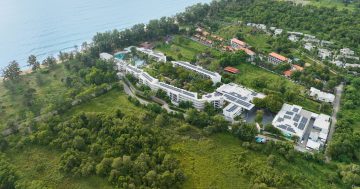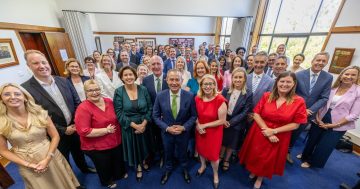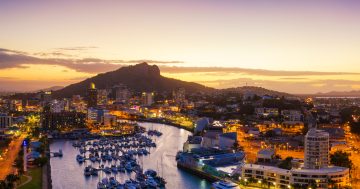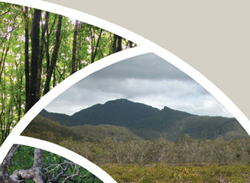 The Department of Industry, Science, Energy and Resources (DISER) has released a technical advice manual and policy training course to help countries reduce emissions through mangrove, tidal marsh and seagrass restoration.
The Department of Industry, Science, Energy and Resources (DISER) has released a technical advice manual and policy training course to help countries reduce emissions through mangrove, tidal marsh and seagrass restoration.
In a statement, the Department said it developed the two new resources with Indonesia, Papua New Guinea and Fiji through the International Partnership for Blue Carbon to help countries enhance their blue carbon management.
“The resources will help countries meet their nationally-determined contributions under the Paris Agreement through enhanced blue carbon management,” DISER said.
“Blue carbon is the storage of greenhouse gases in mangroves, tidal marshes and seagrasses,” it said.
“Restoring and protecting these coastal ecosystems reduces emissions and benefits local communities.”
Minister for Industry, Energy and Emissions Reduction, Angus Taylor celebrated the release of the new resources, saying the four countries were home to approximately 30 per cent of the global blue carbon ecosystems.
“Now these ecosystems, which include mangroves, tidal marshes and seagrass meadows, are globally significant carbon sinks,” Mr Taylor said.
“Better management of these systems will enhance food security, support livelihoods and increase resilience, all the while sequestering carbon,” he said.
Mr Taylor said the resources provided practical advice on how to implement the United Nations Intergovernmental Panel on Climate Change’s (IPCC) Wetlands Supplement to measure, report and verify emissions and removals from blue carbon ecosystems.
The Minister said the advice was targeted at inventory compilers, policy advisers, research institutes and Agencies.
“These include training materials on international policy frameworks and an introductory webinar on climate finance and carbon markets,” he said.
“This training material also features interviews with experts to demonstrate the wealth of expertise and breadth of work being undertaken to take action in our region.”
Mr Taylor said through the International Partnership for Blue Carbon, DISER would develop the resources into a series of online training and reference tools to enable remote delivery and a broad audience.
DISER’s 17-page technical advice manual, Coastal blue carbon: An introduction for policy makers, can be accessed at this PS News link and the 25-page policy training course on the International Partnership for Blue Carbon at this link.


